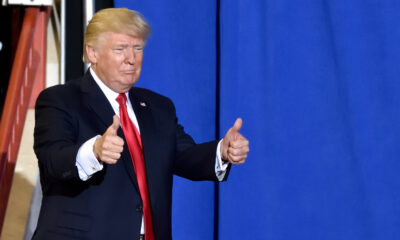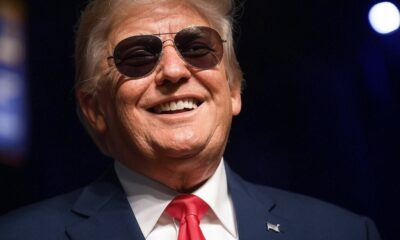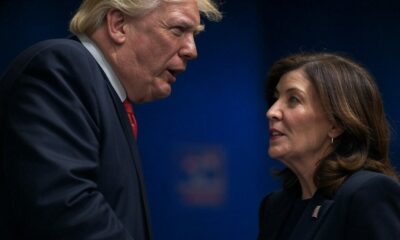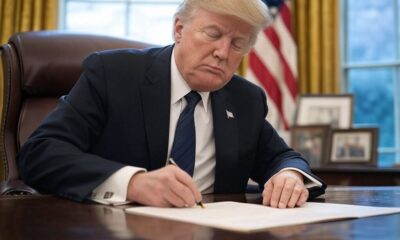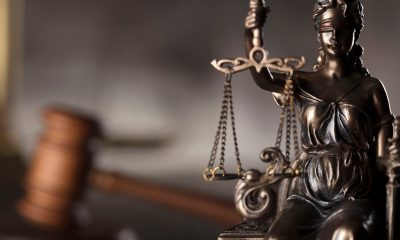Supreme Court Sets April 25 For Trump Immunity Arguments
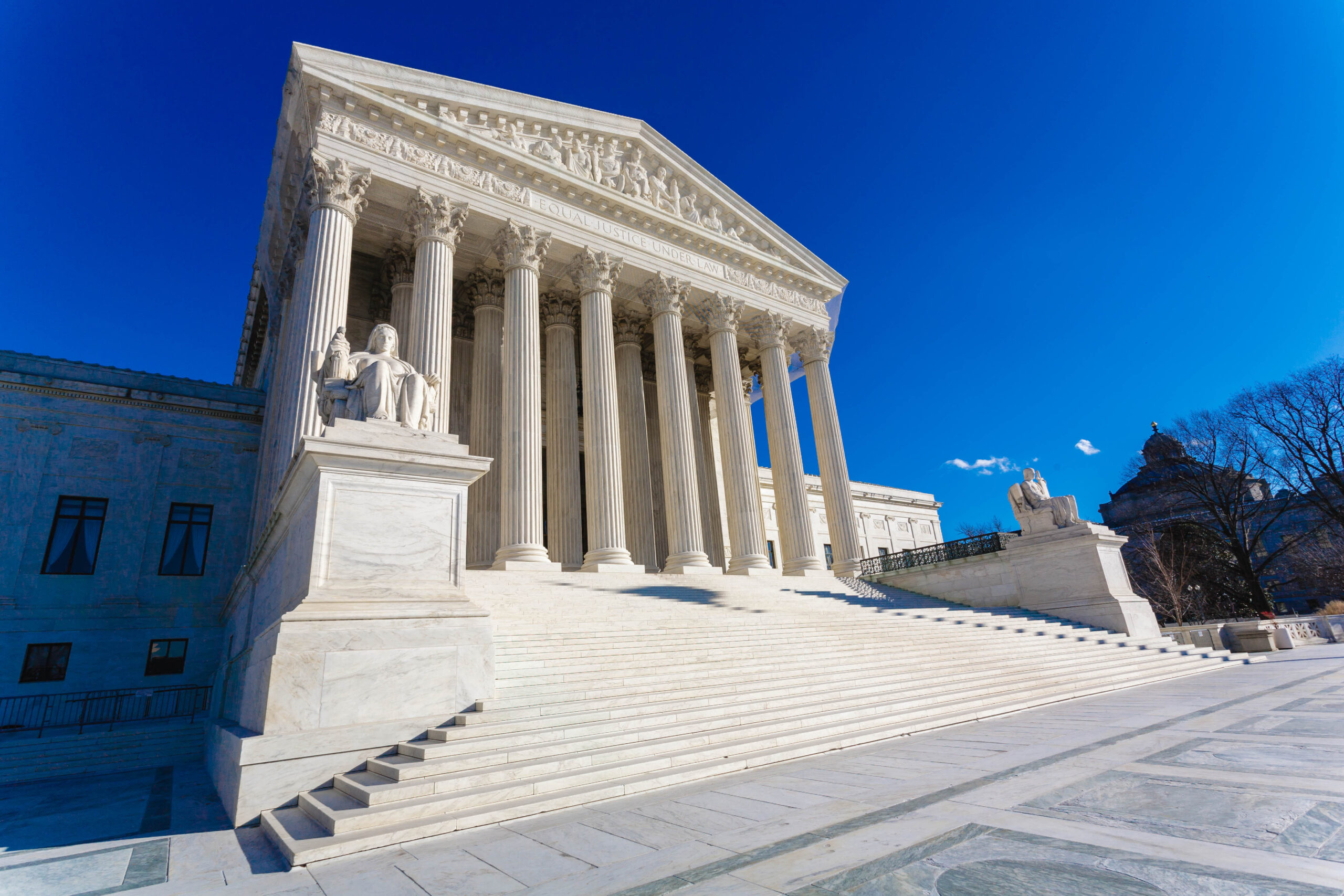
The U.S. Supreme Court scheduled arguments over former President Donald Trump’s immunity for April 25. The presumptive Republican nominee is fighting Democratic charges that he attempted to interfere with the 2020 presidential election.
Democrats seek to deny the 45th president the same immunity enjoyed by every other chief executive in the nation’s history.
The case brought by special counsel Jack Smith is being heard in U.S. District Judge Tanya Chutkan’s courtroom. She already ruled that Trump did not have presidential immunity for actions taken while in office.
Her controversial decision was predictably upheld by the liberal Court of Appeals for the District of Columbia. The court ruled 3-0 on Feb. 6 that Trump did not enjoy presidential immunity, but that was not a surprise given the composition of the panel.
A March 4 trial date was set, not coincidentally the day before Super Tuesday. However, the Supreme Court decision put that trial off indefinitely and may ultimately cancel it altogether.
The high court scheduled the latest case involving the GOP candidate, Trump v. United States, on the last day for oral arguments for the current term.
Justices in Anderson v. Griswold previously ruled in the former president’s favor against Colorado. State Democrats attempted to remove Trump from its primary ballots, but in an overwhelming 9-0 decision the court ruled that such action is illegal.
In that ruling, even the three liberals on the bench recognized the potential harm to the Republic if states were able to erase presidential candidates from their ballots.
Colorado attempted to disenfranchise Republican voters in the state by disqualifying Trump over spurious “insurrection” claims.
Democrats then howled in protest when the high court announced that it would take up the question of presidential immunity.
In their shortsightedness, they failed to realize that immunity that is granted to one former president is granted to all. Therefore, they would in essence deny this historic protection to Obama and Clinton — and possibly Biden in the very near future.
And then there are the voters, who recognize clear election interference when they see it. None of the current charges against the 45th president were levied until it became obvious that Trump would seek to unseat the Democratic incumbent.
